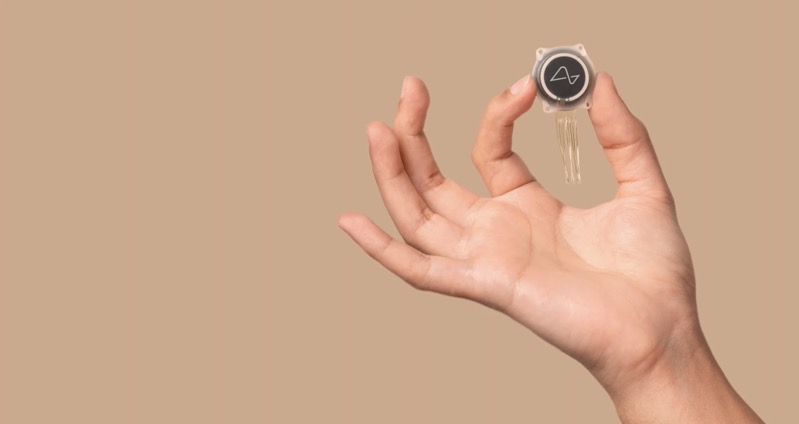
Neuralink Opens Patient Registry in Canada
Elon Musk’s Neuralink has announced its Patient Registry has opened for Canadian residents, expanding outside the U.S. for the first time.
This marks the next big step towards advancing brain-computer interface (BCI) technologies, says Neuralink. This expansion invites people with specific medical conditions to look into the possibility of participating in current and future clinical trials aimed at revolutionizing how humans interact with computers—while also possibly restoring lost physical capabilities related to spinal and vision impairments, for example.
The Neuralink Patient Registry looks to connect with Canadians suffering from a range of conditions including quadriplegia, paraplegia, visual and hearing impairments, aphasia, or major limb amputations. By registering, participants may find out if they preliminarily qualify for Neuralink’s clinical trials, including the PRIME Study – an investigational trial of Neuralink’s fully-implantable, wireless BCI, which supports Bluetooth and can connect to an iPhone and Mac, for example.
The PRIME Study focuses on the safety and initial functionality of the BCI, specifically for enabling individuals with quadriplegia to control external devices through thought alone. There is one human clinical trial ongoing in the U.S. right now, who had the BCI installed in January.
The research involves the implantation of a small, cosmetically invisible device into a part of the brain responsible for planning movements. This device aims to decode neural activity, allowing participants to operate computers or smartphones without wires or physical movement, merely by intending to move.
Neuralink’s first human patient is 29 year-old Noland Arbaugh, a quadriplegic. We recently saw on X that he can operate his MacBook Pro and play video games such as chess and Civilization VI, just by thinking with his mind, which is literally mind-blowing.
People with limited or no ability to use both hands due to conditions like cervical spinal cord injury or amyotrophic lateral sclerosis (ALS) are encouraged to consider joining the Canadian registry to potentially contribute to and benefit from this cutting-edge technology, says Neuralink.
As for what’s next for Neuralink? Musk recently said a new product called “Blindsight” could potentially cure blindness by sending “direct vision to the brain.”

